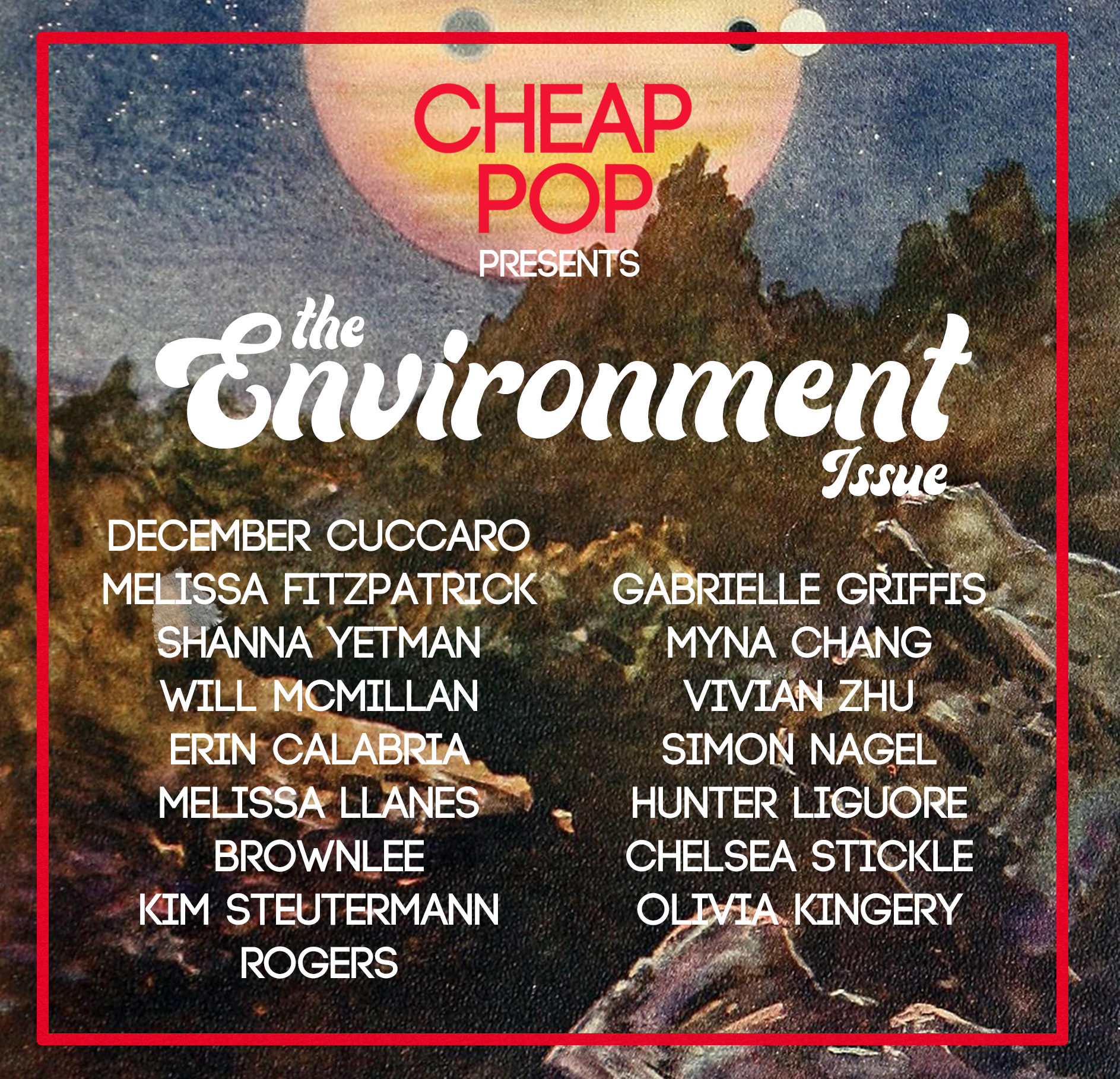OCEANS UNDER THREAT LIKE NEVER BEFORE — MELISSA LLANES BROWNLEE
/Tita reads the headline from today’s paper. We wonder about what that means for us. It’s hard enough just surviving here, our parents working all the time, our family living in a house they built subsidized by Hawaiian Home Lands, the land ours for only ninety-nine years. Nothing ours. Not really. Tita thinks it will mean all those golf courses will have to go and probably all of the hotels, too. There would still be beaches, they just wouldn’t have any sand. Not that sand matters to us. Most beaches on our island are lava rock anyway. We imagine swimming down Ali’i Drive, jumping off the big banyan trees into the waves. Maybe the whales won’t come or they will come earlier or later, who knows. Maybe daddy and the uncles won’t be able to go fishing anymore, with no harbors to keep their boats. We imagine fishing from the top of Moku’aikaua Church, the steeple, the tallest point in town, casting our bamboo poles into the new coral reef growing on its rock-sided walls. We imagine tidepools forming in parking lots of abandoned hotels, wana finding purchase in the cracked asphalt, their black spines undulating in their new homes, sea cucumbers nestled along the yellow lines of the parking stalls, their colors camouflaged. We imagine our house on the mountain, finally a beach house, the ocean waves rolling in to welcome us home.
Melissa Llanes Brownlee (she/her), a native Hawaiian writer, living in Japan, has work published or forthcoming in Booth, Pleiades, The Citron Review, Waxwing, Milk Candy Review, Necessary Fiction, NFFR, trampset, jmww, Superstition Review, Splonk, Lost Balloon, Smokelong Quarterly, Best Small Fictions 2021, and Best Microfiction 2022. Read Hard Skin, her short story collection, from Juventud Press. She tweets @lumchanmfa and talks story at www.melissallanesbrownlee.com.











